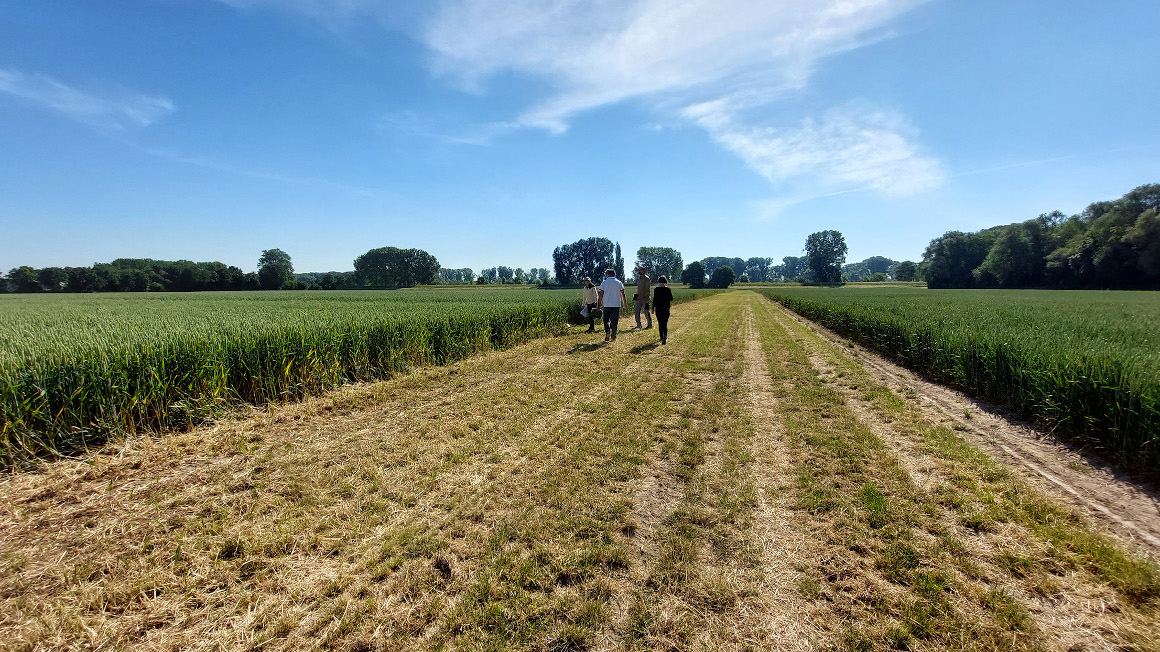Climate-friendly arable farming: BASF reports on worldwide field trials
BASF is testing solutions for ‘climate-optimised’ agricultural production with practitioners in field trials around the world. The goal of reducing the carbon footprint by 30% has been achieved in some cases, the company reports.

In many places, the consequences of climate change are already being felt in agriculture. Crop losses due to extreme weather conditions and pest infestations have increased in recent years. At the same time, agriculture is under pressure to reduce the use of fertilisers and pesticides and cut CO2 emissions. But how can the environment and climate be protected without jeopardising yields? On the road to ‘climate-optimised agricultural production’, BASF's Agricultural Solutions division has set itself the goal of developing solutions that can reduce CO2 emissions per tonne of crop yield by up to 30% while ensuring quality and yield.
CO2 reduction requires customised solutions
To this end, a multi-year series of field trials were launched in 2021 - the Global Carbon Field Trials. Initial results from the years 2021 to 2023 are now presented in the Global Carbon Field Trials report. The field trials took place in various countries, including Germany, Spain, Italy and Canada, and were conducted with the most important crops such as wheat, maize, rapeseed, rice and soya. The conclusion: there is no patent remedy. According to the authors, customised solutions are needed to reduce greenhouse gas emissions in agriculture.
‘Climate change is already happening. Agricultural practices need to be adapted to meaningfully reduce emissions without compromising yield,’ said Marko Grozdanovic, Senior Vice President Global Marketing at BASF Agricultural Solutions.
Greenhouse gas savings of 30% are possible
According to the report, customised solutions in the form of a combination of measures, products and technologies are required to improve the carbon footprint of arable farming. ‘The results show that greenhouse gas emissions in agriculture can be reduced by up to 30% compared to conventional agricultural approaches,’ the report states. One particularly successful approach to CO₂ reduction, for example, was ‘the optimised use of fertilisers with digital technologies and nitrogen stabilisers as well as high-performance seed varieties’.
BASF continues agricultural trials
The report also highlights the challenges farmers face in reducing greenhouse gas emissions. It mentions ‘unfavourable weather conditions or methods that reduce emissions but have a negative impact on yields’. ‘I am convinced that if you love agriculture, you have to be committed to sustainability. That's what we do. The knowledge we gain from our field trials is incorporated into our Global Carbon Farming Programme. In this way, we can support farmers to be pioneers for positive changes in terms of climate and nature,’ says Grozdanovic.
BASF will continue its field trials on CO₂ reduction as part of its Global Carbon Farming Trials in order to collaborate with partners to find practical and scientifically sound solutions for agriculture.
bb


